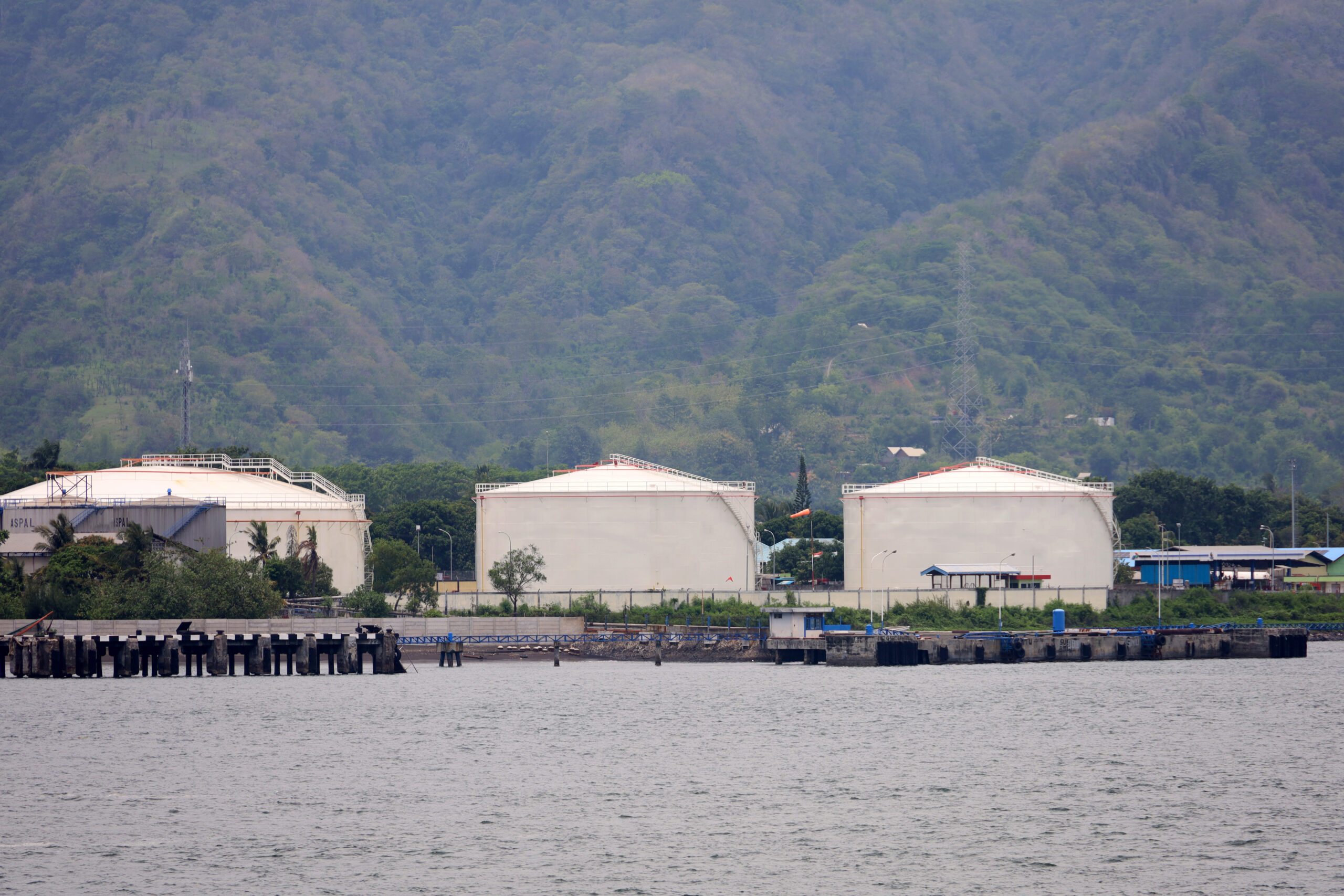Global billionaire tax needed to bridge climate finance gap: report
A new report commissioned by the Brazilian G20 presidency finds that a minimum ‘billionaire tax’ on the world’s wealthiest individuals could generate $250 billion annually.

A global billionaire tax would help close the financing gap for governments around the world as they seek to address the worsening climate crisis.
A report commissioned by the Brazilian G20 rotating presidency finds that a global minimum tax on the 3,000 richest people in the world could provide $250 billion annually for vital social services and infrastructure needs. The concept would fix a global tax architecture that is skewed in favour of the wealthy, who pay lower effective tax rates than other groups.
The findings add further weight to growing momentum at the G20 level to address regressivity in global taxation. The Brazilian G20 presidency commissioned the report ahead of a July summit of G20 finance ministers.
A minimum tax could come in various forms at the national level, including a wealth tax, an income tax, or taxation on other forms of income, such as capital gains. The specifics may vary, but the coordinated effort would call for a minimum 2 percent tax on the wealth of the world’s dollar billionaires.
Raising revenue and balancing out tax regressivity is especially urgent as the world scrambles to accelerate the transition away from fossil fuels. Not only are the ultra-rich avoiding paying what is seen as their fair share, but the wealthiest 1 percent around the world are responsible for 66 percent of global greenhouse gas emissions.
“With effective tax rates equivalent to 0% to 0.5% of their wealth, billionaires are proportionally taxed far less than ordinary citizens,” the EU Tax Observatory wrote earlier this year in a report on tax evasion.
One of the main themes at the COP29 international climate talks in Baku, Azerbaijan, later this year will be climate finance. Developing countries would need roughly $2 trillion per year by 2030 to cut emissions and transition to clean energy, according to one estimate.
Separately, a new poll finds that 68 percent of adults across 17 G20 countries support higher tax on the wealthy as a way of funding climate action. The poll, from Earth4All, also noted strong support (68 percent in favour) for political and economic reform that prioritise the health and wellbeing of people and nature rather than narrowly focusing on profit and increasing wealth.
Support for a wealth tax on the ultra-rich was highest in Indonesia (86% in favour), Turkey (78%), the UK (77%) and India (74%). Notably, in countries with the least support for such a concept — Saudi Arabia (54%), and Argentina (54%) — still more than half favoured increasing tax on the wealthy.
“Our survey results provide a clear mandate from those across the G20 countries surveyed: redistribute wealth,” Owen Gaffney, co-lead of the Earth4All initiative, said in a statement. “Greater equality will build stronger democracies to drive a fair transformation for a more stable planet.”
The G7 has pledged to work constructively on the Brazilian G20 tax agenda, injecting some hope that such a global coordinated minimum tax can be realised. In 2021, more than 140 countries and territories endorsed a global minimum tax on multinational companies.


